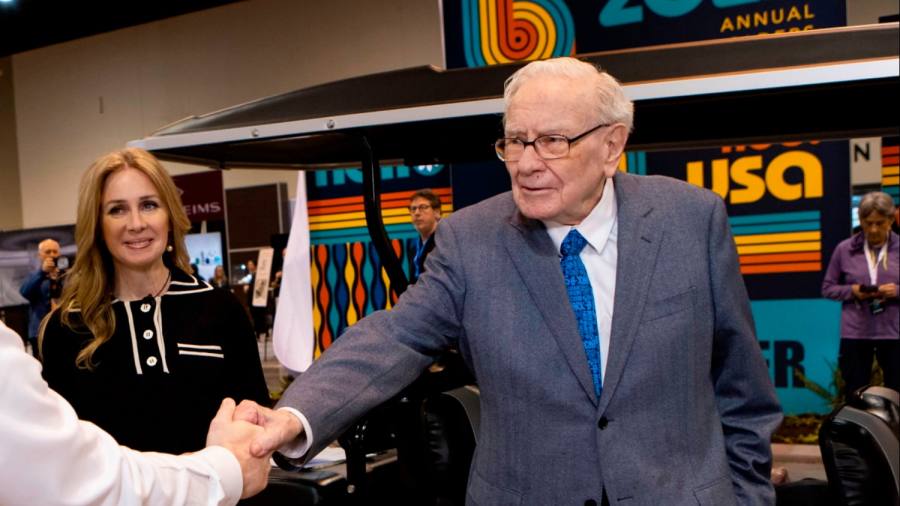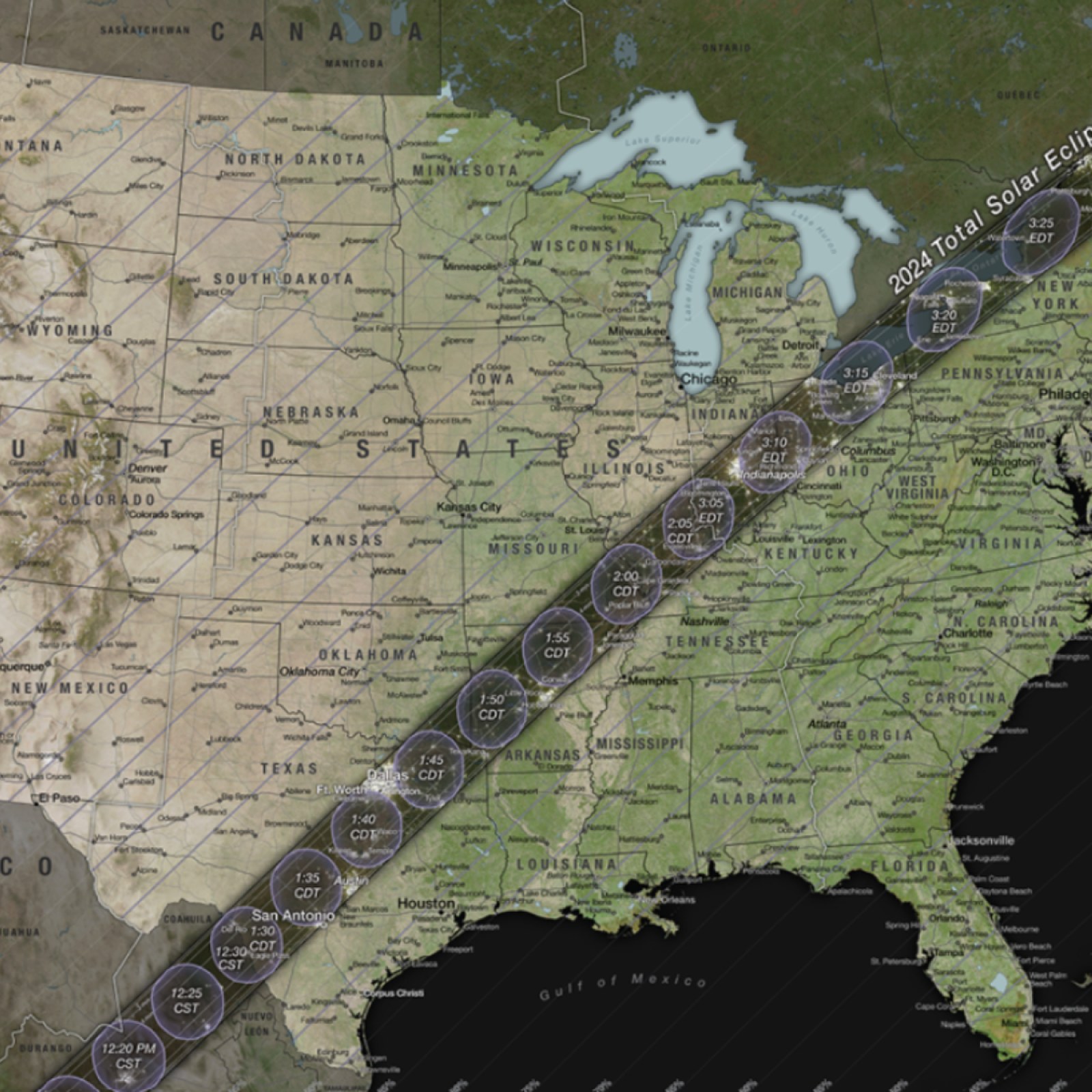Berkshire Hathaway’s cash pile nears all-time high at $147bn

Receive free Berkshire Hathaway Inc updates
We’ll send you a myFT Daily Digest email rounding up the latest Berkshire Hathaway Inc news every morning.
Berkshire Hathaway’s cash and investments in short-term Treasuries surged to $147bn at the end of the second quarter, underscoring Warren Buffett’s faith in the backbone of global financial markets despite the rocky political climate in Washington.
The sprawling conglomerate — which owns the BNSF railroad and Geico insurer — increased the holdings by nearly $17bn in the second quarter, to sit just below an all-time high of $149bn set in 2021. More than $120bn of that sum is invested in short-term Treasury bills.
The disclosure came days after rating agency Fitch stripped the US of its prized triple A rating. Analysts cited Washington’s repeated stand-offs over the debt ceiling, which drove the Treasury’s cash balances to dangerously low levels.
Buffett, who has led Berkshire for more than half a century, told CNBC last week that Fitch’s decision would not change the company’s investment strategy and that he was not worried about the US dollar or Treasury market.
“Berkshire bought $10bn in US Treasuries last Monday,” he said. “We bought $10bn in Treasuries this Monday. And the only question for next Monday is whether we will buy $10bn in three-month or six-month” bills.
Berkshire has long kept cash in short-term Treasuries to give the company the flexibility to pay out catastrophic insurance losses and to have reserves ready to splash out on multibillion-dollar acquisitions.
“There are some things people shouldn’t worry about,” 92-year-old Buffett said. “This is one.”
Jim Shanahan, an analyst at Edward Jones, said he anticipated Buffett would continue to invest cash in Treasury bills, given the relatively high return on offer.
“It is setting up for continued caution in the second half so long as some of this evidence of an economic slowdown and [the] impact of higher rates persists,” he said. “So long as stock prices of public companies and Berkshire’s own share price remain elevated, there won’t be a whole lot of investment activity.”
Berkshire spent $1.4bn on share buybacks, far less than in the first three months of the year when it repurchased $4.4bn of its stock. It continued to shed stocks: sales of $12.6bn outweighed purchases of $4.6bn.
Investors must wait a further two weeks until Berkshire reports individual changes in its holdings, although Saturday’s filing indicated it had sold roughly 9mn Chevron shares.
Berkshire swung to a profit of $35.9bn between April and June, from a loss of $43.6bn in the same period the year before.
The figures are distorted by movements in the value of its mammoth $353bn stock portfolio, which includes stakes in Apple, American Express and Bank of America. Berkshire is required by US accounting rules to include those shifts in its earnings, even if it has not sold the stocks.

Excluding those gains, Berkshire’s smattering of businesses reported operating earnings of $10bn, up from $9.4bn a year before. The results were buoyed by the company’s core insurance businesses, where underwriting profits climbed 74 per cent to $1.2bn, as well as its large holdings of cash and Treasury bills.
The company, which uses the premiums it receives on insurance policies to fund its investments, has benefited from the Federal Reserve’s move to increase interest rates. Berkshire disclosed it earned $1.4bn of interest income in the quarter and just over $2.5bn in the first half of the year.
“Our investment income is going to be a lot larger this year than last year, and that’s built in,” Buffett said at the company’s annual meeting in May. He estimated the Treasury bill portfolio could earn the company $5bn annually in income, given interest rates are now above 5 per cent.
Berkshire’s insurance results stood out in an industry that has struggled with higher costs to repair or replace automobiles, and the string of catastrophic storms that caused billions of dollars in property damage.
Geico reported a second consecutive quarter of underwriting profits, following more than a year of losses. The unit cut advertising spending, lifted insurance premiums and said it had significantly reduced the number of consumers it was insuring.

Investors have long regarded the company’s results as a reflection of the broader US economy, given the breadth of its holdings. Saturday’s figures showed signs of slowing US growth and the impact of higher interest rates on consumers and businesses.
The BNSF railroad, with more than 32,000 miles of track that run from Oakland, California to Chicago, showed a 12 per cent drop in revenues. Profits fell by nearly a quarter to $1.3bn and it reported less demand for freight shipping.
Berkshire’s truck stop operator Pilot, which it took a controlling interest in this year, sold less fuel than a year earlier — when many companies still faced supply chain issues — and at lower prices, hitting revenues by 32 per cent.
Its real estate brokerage and building materials businesses reported that sales slid, mirroring the wider housing industry. The company blamed “significant increases in home mortgage interest rates” for curtailing demand.
There was a bright spot at a unit that has plagued Berkshire: aerospace parts manufacturer Precision Castparts. Its sales rebounded 29 per cent from a year earlier to $2.3bn as global air travel picks up and airline demand for new aircraft booms.
Berkshire was forced to take a $9.8bn writedown on Precision Castparts during the depths of the pandemic; it had acquired the business in 2016 for about $37bn.
The company detailed expected losses from wildfires in the US. Its electric utility PacifiCorp has faced litigation over 2020 fires that destroyed thousands of homes and burnt more than half-a-million acres of land in Oregon.
Berkshire warned the unit faced “probable losses” of $1bn, noting it could “incur significant additional losses” beyond that figure. Victims of the fire in Oregon have sought more than $7bn in damages and the company has also been defending itself against claims from California residents.
https://www.ft.com/content/a89fa03c-7c41-432d-9b67-fca6119c8018 Berkshire Hathaway’s cash pile nears all-time high at $147bn



